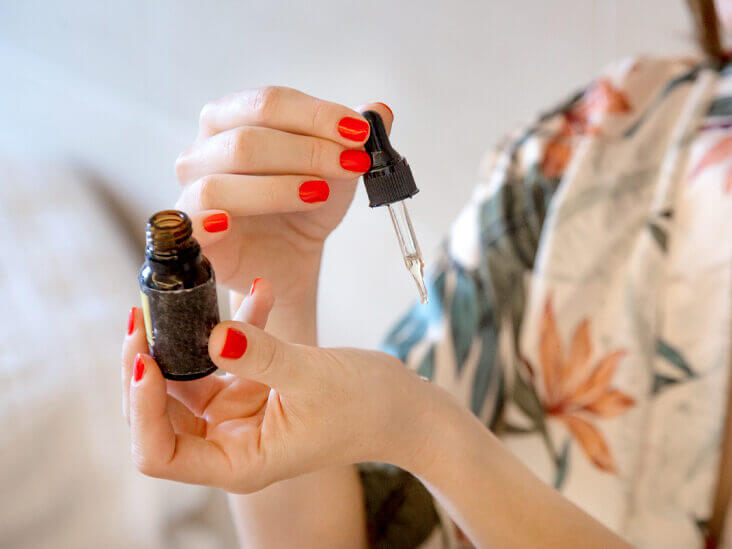More than 7 million Americans have psoriasis. This autoimmune disorder is caused by overactive white blood cells attacking the body and causing an inflammation response on the skin. This inflammation is usually silvery and almost looks like fish scales, with dead skin flaking off regularly. While there’s no cure for psoriasis yet, there are ways to treat the disorder. If you’re dealing with this immune disease, here are a few ways you can reduce your symptoms at home.
Shampoo Treatments
In many people, psoriasis affects the skin on the scalp. Scalp psoriasis can cause severe itching, dandruff, and even hair loss. Because the skin of the scalp becomes so inflamed, the hair can’t grow properly and may lose its luster. One way to combat scalp psoriasis is with medicated shampoo. Specialized psoriasis shampoo often contains salicylic acid, which helps to reduce inflammation and exfoliate the scalp. When used frequently, these medicated treatments help relieve the physical symptoms of psoriasis. In time the itching will subside, and the hair will regain its shine.
In addition to medicated shampoos, the way you wash your hair is also important. When you get in the shower, gently massage your scalp. Whether you use your fingertips or a scalp massager, lightly scrubbing the surface of your skin will dislodge any dead skin cells. Rather than dealing with dandruff after your hair dries, removing the dead skin in the shower will help your scalp get as clean as possible. Additionally, removing the dead skin allows the medicated shampoo and ointment to penetrate the skin deeper, which will improve your results. By taking special care in the shower, you can reduce psoriasis on your scalp and keep your hair healthy.
Specialized Skin Care
Many people with psoriasis have skin irritation all over their bodies. With the classic silvery scales of the disorder come itching, burning, and even joint pain. If you’re dealing with the outward symptoms of psoriasis, specialized skin care can help reduce them. One of the ways to reduce psoriatic irritation is by moisturizing. When your skin dries out, it becomes more irritated and cracked. With psoriasis, normal dryness can quickly become excruciating. By keeping your skin moisturized through unscented moisturizers and high humidity, you can keep dry skin at bay.
Along with keeping your skin moisturized, taking soothing baths can also help to reduce irritation and sensitivity. For many people with psoriasis, skin irritation and itching are almost overwhelming problems. When you take a bath with oatmeal soap, Epsom salt, or even milk, inflammation in your skin goes down. The more you can reduce the surface inflammation in your psoriasis sores, the more you can eliminate the annoying symptoms like itching and burning. When you take a soothing bath, make sure your water isn’t too hot, as hot water can irritate the skin more. After you get out, adding a deep moisturizer such as cocoa butter or shea butter can lock in moisture and keep your skin happy for hours. By adapting your skincare routine to your disorder, you can soothe some of your symptoms.
Wholesome Lifestyle
Finally, some lifestyle changes can help reduce some psoriasis symptoms. For instance, reducing your stress levels can help ease your plaques. When you’re stressed, it’s common for your psoriasis to flare up and the itching to become worse. By living a more stress-free life, you can reduce your chances of having a painful flare. Along similar lines, getting outside can help treat the inflammation in your skin while giving you some much-needed serotonin. UV rays from the sun can help prevent the scales from growing when you spend a few minutes outside, but it’s essential not to get sunburned, as that will lead to more irritation.
Eating healthy foods can also help you manage your psoriasis in a couple ways. Because healthy eating affects your mood, eating wholesome meals can help reduce your stress levels. On a similar note, eating whole foods that aren’t overly processed can reduce the amount of inflammation in your body. When your body is functioning at its best, you’ll feel better as a whole, and you won’t be constantly worried about a psoriasis flare.
Though there isn’t a cure for psoriasis, you can treat it from home. By implementing some of these changes in your life, you can stay comfortable and maintain a good quality of life.









